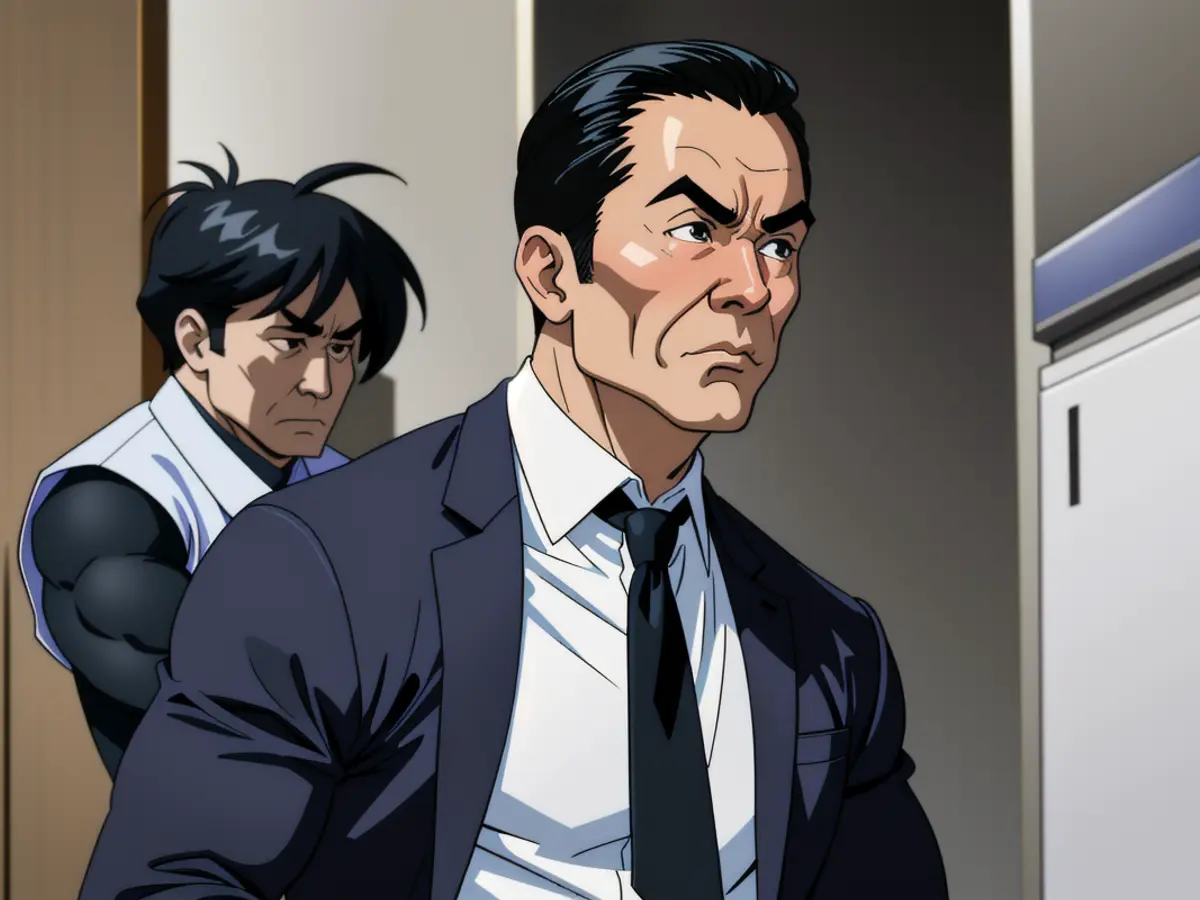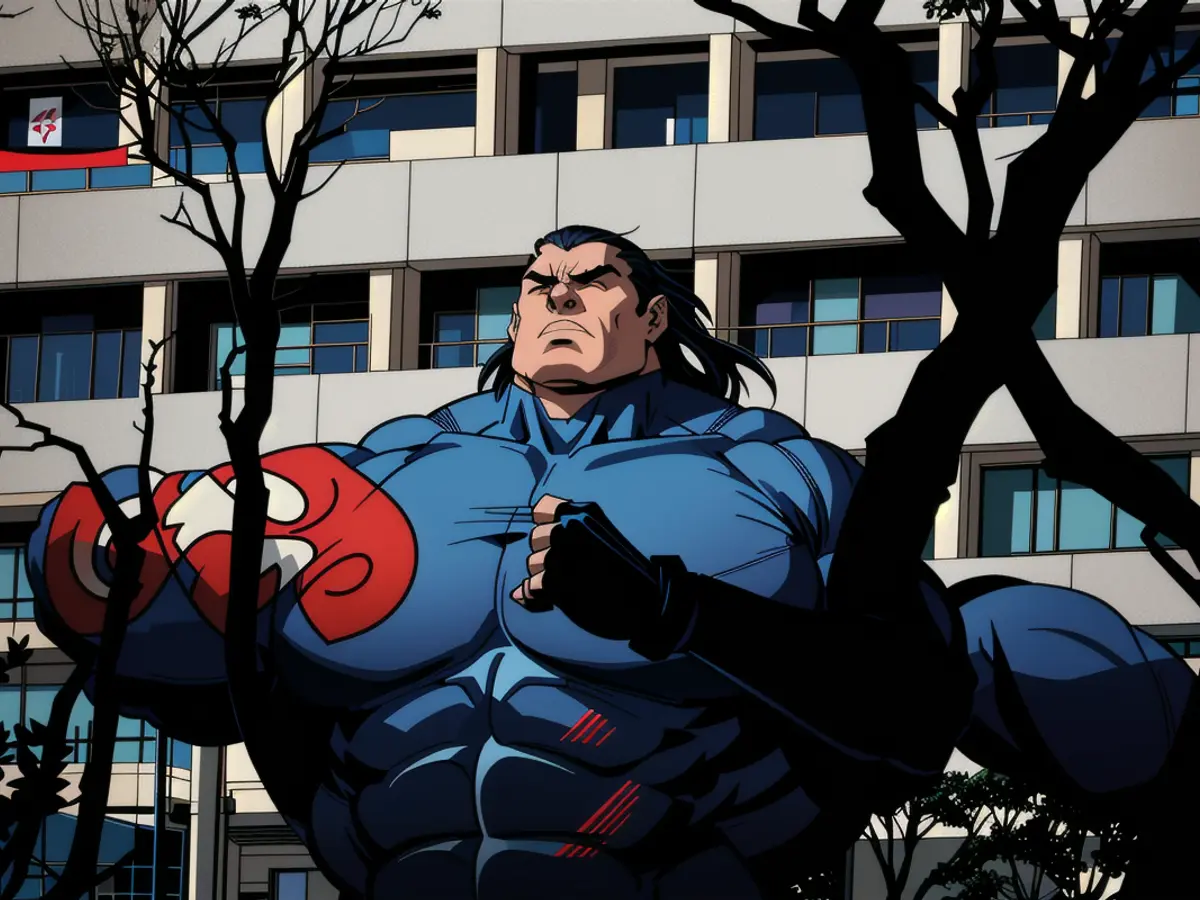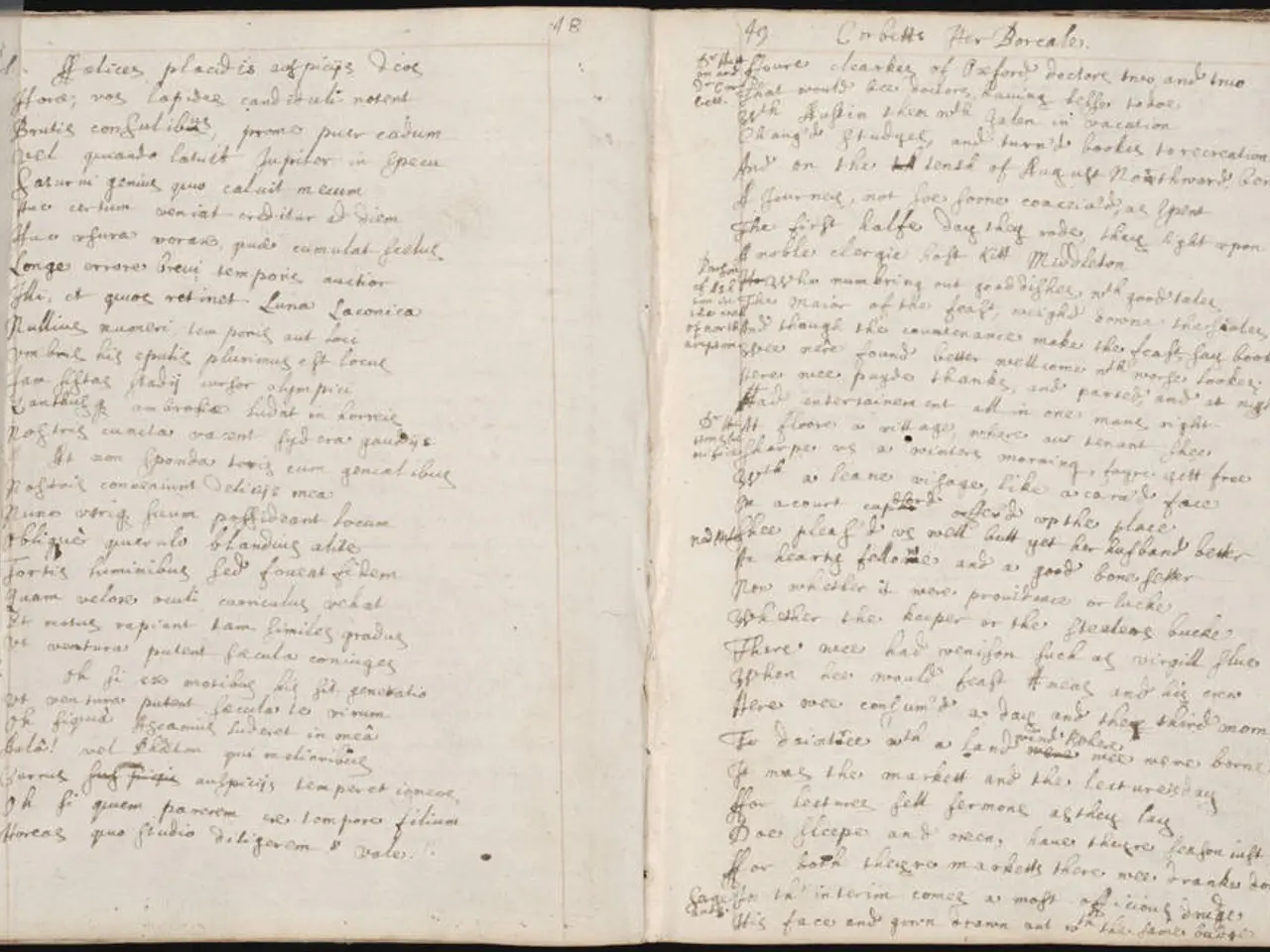Title: Japan Boosts Interest Rates to a 17-Year High
The Bank of Japan (BOJ) recently took a significant step, marking its first interest rate hike in over a year. This move happened just a few days after the swearing-in of US President Donald Trump, adding another layer of global economic watchfulness as potential repercussions from his threatened tariffs loom large.
During its two-day meeting, concluding on Friday, the BOJ raised its short-term policy rate from 0.25% to 0.5%. This decision was made in an 8-1 vote, with board member Toyoaki Nakamura dissenting. The expected increase was a testament to the central bank's determination to slowly push up interest rates towards around 1%, a level that analysts believe strikes a balance between cooling and overheating Japan's economy.
As the BOJ's confidence in companies' wage and price-setting behavior rises, and inflation expectations become more pronounced, the likelihood of achieving the BOJ's economic outlook has grown. In its announcement, the bank stated that many firms predict a steady wage increase during this year's wage negotiations. Moreover, underlying inflation is inching closer to the BOJ's 2% target, and financial markets remain relatively stable.
The BOJ, however, made no alterations to its guidance on future policy, maintaining its commitment to progressively increasing interest rates if its economic and price forecasts are realized. Interestingly, the bank eliminated a statement emphasizing scrutiny of threats to overseas economies and markets.
Naka Matsuzawa, chief macro strategist at Nomura Securities, explained that while the BOJ is still a long way from reaching its 'neutral' point, it was natural for the organization to make an adjustment. Unluckily for those expecting further substantial hikes, Matsuzawa suggested that unless the Bank's approach or neutral point changes, there isn't much room for market speculation on future adjustments.
In response to the interest rate hike, the yen appreciated roughly 0.5% to 155.32 per dollar, while the two-year Japanese government bond (JGB) yield saw a surge to 0.705%, marking the highest yield since October 2008.
Attention now turns to any insights from BOJ Governor Kazuo Ueda post-meeting briefing, scheduled for 0630 GMT, regarding the potential pace and timing of these further adjustments.
Inflation Risks
In its quarterly outlook report, the BOJ raised its inflation predictions. It now anticipates core inflation to surpass the 2% target for an uninterrupted three-year period. This projection is influenced by intensifying labor shortages, rising rice prices, and increased import costs due to a weak yen.
Regarding annual wage negotiations, numerous firms expressed their intent to keep increasing wages steadily, as reported in the BOJ's outlook report. The head of Japan's union umbrella group voices the necessity of higher wage increases in 2023, hoping to offset the continuous decline in real wages.
The BOJ expects core consumer inflation to reach 2.4% in fiscal 2025, declining to 2.0% in 2026. Compared to its previous projections in October, it anticipates inflation to remain steady at 1.9% in both fiscal 2025 and 2026.
Regarding Japan's economic growth, the BOJ predicted a 1.1% increase in fiscal 2025 and 1.0% in 2026. The strong US economy and stable financial markets remain watchpoints for the BOJ, as it works to navigate uncertainties associated with US policy conduct.
Matt Simpson, senior market analyst at City Index in Brisbane, expressed surprise at the lack of major downgrades in the BOJ's economic outlook - keeping the door open to another potential 25 basis points hike by the end of the year. Current interest rates are projected to spike to a substantial 0.75%.
Meanwhile, the most recent data shows that Japan's core consumer inflation accelerated to 3.0% in December, marking the fastest annual increase in 16 months. This signifies continuous growth in living costs for households.
After ascending to the helm in April 2023, Ueda dismantled his predecessor's radical stimulus program in March last year and hiked short-term interest rates to 0.25% in July. The BOJ has reiterated its commitment to continuous interest rate hikes if Japan manages to achieve a cyclical environment where rising inflation directly impacts wages, boosting consumption and enabling companies to pass on higher costs.
With the BOJ's interest rate hike, businesses in Japan may find borrowing costs slightly more expensive, potentially impacting their expansion plans or investment strategies. The improved business confidence, coupled with the anticipated wage increases, could lead to stronger profits for many companies in Japan.





